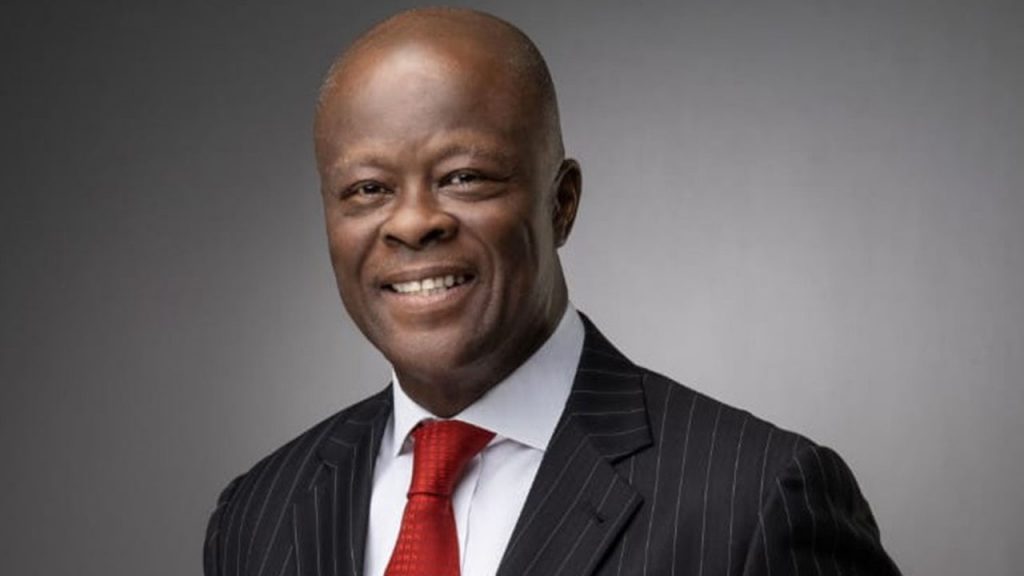
Nigeria is actively pursuing financial assistance, seeking a $1.5 billion loan from the World Bank to address the current dollar scarcity affecting the country and support its budget. Finance Minister Wale Edun shared this information on Wednesday, stating that the loan would contribute to budgetary support amid ongoing economic reforms.
The minister expressed confidence in receiving the aid, asserting that discussions are underway, and with Nigeria’s commitment to reforms, support is deserved. Additionally, there are considerations for issuing a Eurobond in late 2024, providing a mechanism to navigate economic challenges.
Eurobonds, denominated in foreign currencies, have been utilized by Nigeria in the past to raise funds for infrastructure and economic development. Minister Edun highlighted the importance of ongoing reforms, emphasizing that they enhance the country’s eligibility for international support.
In 2022, Nigeria successfully entered international debt markets with a $1.25 billion Eurobond issuance. The country redeemed a $500 million Eurobond in the following year, underlining its active engagement in managing its financial obligations.
During a press conference in October 2023, Minister Edun mentioned that the proposed $1.5 billion World Bank loan would carry a zero-interest rate, positioning it as a favorable option for Nigeria’s development financing.
Nigeria currently faces economic challenges, including a substantial debt of about N87 trillion. While the International Monetary Fund considers the debt manageable, concerns arise due to high-interest payments. The anticipated World Bank loan is earmarked for development purposes and is expected to be disbursed soon.
Addressing forex concerns, Nigeria has nearly $7 billion in matured forex forwards. The Central Bank of Nigeria has assured investors by disbursing $2 billion to settle outstanding foreign exchange forwards, emphasizing its commitment to market liquidity and stability.
Against a backdrop of economic challenges, Nigeria grapples with a budget deficit driven by factors such as escalating fuel subsidy costs, substantial debt servicing, and constrained public spending. The 2024 fiscal year budget, totaling N28.7 trillion, includes a deficit of N9.18 trillion, equivalent to 3.88 percent of the nation’s Gross Domestic Product.
President Bola Tinubu outlined a financing strategy to address the deficit, involving new borrowings, proceeds from privatization, and drawdowns on multilateral and bilateral loans for specific development projects.
Persistent dollar shortages and increased demand have exerted pressure on the naira, leading to its devaluation. The shortage of dollars has widened the gap between the official exchange rate and the parallel market rate, impacting the street value of the naira, which fell to a record low of N1,320 per dollar on Wednesday. The depreciating value underscores the need for measures to stabilize the currency and boost economic resilience.






Be First to Comment